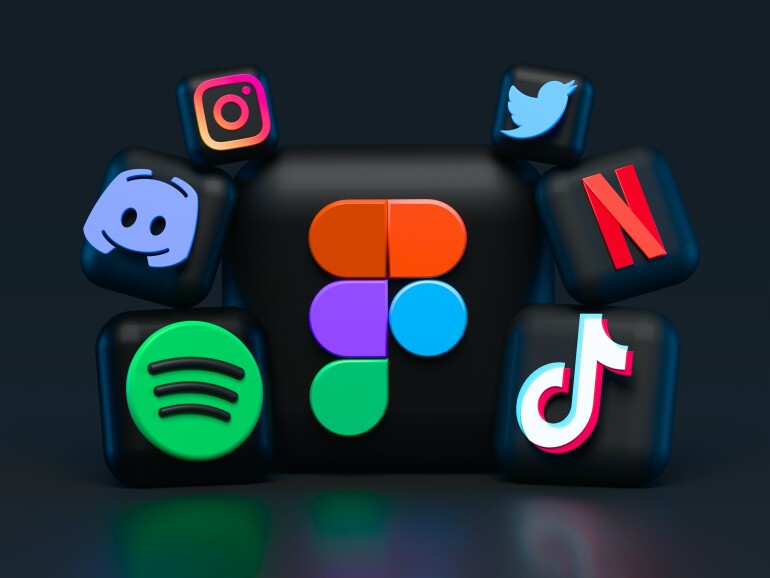Feeling burnt out from social media?
● By Dania Aziz

Here’s how to cool down from all that online time.
Every part of our everyday lives is influenced by social media. It is inescapable, especially now during the pandemic when it is what we use to catch up on how our friends are doing seeing how meet-ups are not quite feasible. Although it makes life easier, it also causes a lot of problems. For starters, excessive usage can disturb life order and psychological equilibrium. It can also affect your mental health in a negative way.
Experts call it social media burnout – it is when you feel drained and mentally exhausted when using social media. Sounds familiar? If this is something you’re experiencing, you need to know that it can lead to serious case of anxiety, depression, isolation, and FOMO (fear of missing out).
Fortunately, there are ways to deal with it and get back your mental energy. Like these tips:
Set a daily limit
It is important to take action as soon as you recognise the warning signs of social media burnout like difficulties to concentrate and altered sleep habits. One simple thing that can be done is to set a daily limit by using applications like Forest and Daywise to help you commit to not using your phone for a certain amount of time by setting a time limit and schedule time to receive notifications.
You can also track the amount of time you spend on social media to limit your daily usage. There are time-tracking applications to do this. For example, you can see how much time you spend on Instagram by going to ‘Your activity’ in account setting. You can also check your screen time under iPhone settings.
Benefits of limiting your daily social media usage include time and productivity improvements and better self-awareness.
Seek help and support
If it starts getting too overwhelming, you should seek help and talk it out with someone you are at ease with and who would be supportive like partners, friends, and family. Reaching out for help when you desperately need it is not a sign of weaknesses; it is your responsibility to your well-being.
Some social platforms like Pinterest, Snapchat and Tiktok have taken notice and started to integrate mental health programmes into their platforms. For example, Tiktok promotes the app's safety features, remind users to take breaks, and even advise users to have a snack and water break.
Don’t allow discontent, loneliness and resentment to impact your life. Reach out for support to uncover underlying problems like stress, depression, or boredom to allow yourself to live more in the moment and have better mental health in general.
Unplug from social media during the weekend
Switch it off and take a digital detox on the weekend. It might be difficult to break the habit but you can try by making it difficult to access by logging out from your social media accounts. If the temptation continues, try temporarily uninstalling the app from your devices.
Spend your weekend doing something rewarding instead. Like a new hobby, participating in sports, or even be a volunteer. Get yourself involved in the real-world interaction by communicating with people offline. This will help you to re-energise and feeling revitalised, the total opposite of social media burnout. It might also help with social anxiety developed from the lack of social skills.
Photo by Alexander Shatov on Unsplash
Popular Articles
Read moreCategories
More From Graduan

Hired at The Australia Career Fair!
Meet the lucky ones who found their dream job at previous Australia Career Fairs. Plus, learn how you ...
● Read

Elevate Your Potential at Public Bank!
Get all you need to have a secure and exciting finance career with Public Bank’s graduate opportunities.
● Read

When Stress is Actually Good For You
Embrace the power of good stress.
● Read






